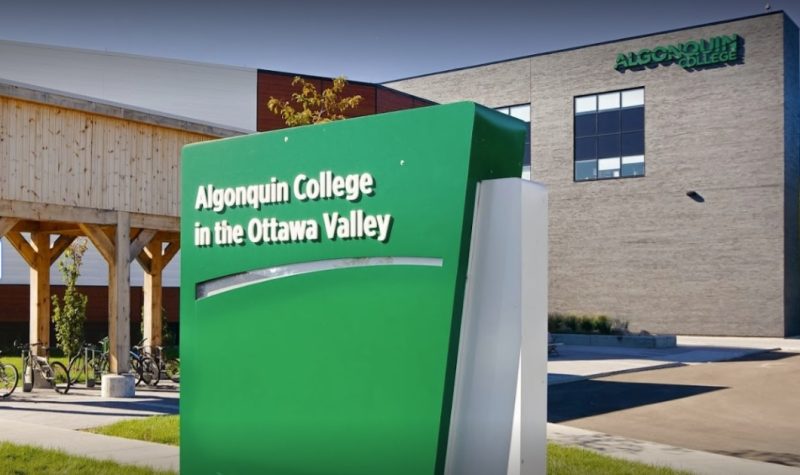Algonquin College is hosting a series of events every Tuesday in November to combat anti-Asian discrimination.
The initiative, described by the college as a series of keynotes and workshops, is called “Taking a Stand: Disrupting Anti-Asian Discrimination.” The first of these events featured a panel discussion including Dennis Kao, a professor of social work at Carleton University, and Cindy Tran, a Vietnamese-Canadian journalist employed at CBC News.
Incidents of racism directed toward the Asian-Canadian community have been on the rise since the COVID-19 pandemic began. According to a Sept. 2020 report by the Chinese Canadian National Council (CCNC), the fourth-highest incidence of self-reported anti-Asian hate crimes occurred in Ontario, with the province accounting for 38 per cent of all reported incidents.
The Ottawa Police Service (OPS) released a statement in March 2021, acknowledging the sharp rise in hate crimes directed toward the Asian-Canadian community.
“In 2020, the number of reported incidents targeting people of Asian descent increased to 14 from two in 2019," the statement read.
Sarah Gauen, Algonquin College’s diversity and inclusion specialist, described the college’s “Taking a Stand” initiative as, “a step in the right direction.”
“This initiative is really about bringing awareness to some of that and talking about how it's now manifesting in discrimination on our campuses,” said Gauen. “We can only do so much through a series of five events in November. It's a start in achieving our objectives and making sure that Algonquin College is a place where everyone belongs.”
According to Gauen, the initiative is intended to bring together a community of students and staff of Asian-descent who have experienced discrimination and feelings of “otherness.”
Gauen outlined the three main objectives the college administration hopes to achieve by hosting the weekly events. At the top of the agenda is the task of bringing awareness, “to the nuances and realities of anti-Asian discrimination, what that looks like and how it manifests.”
“One of our objectives is to give our employees and our learners the skills to interrupt those behaviors when we see them in our campuses and our communities,” said Gauen. “We're doing that by having specific training on identifying and interrupting microaggressions for our employees.”
The second objective is to fulfil the needs of Algonquin College’s many international students. Algonquin’s Pembroke campus is responsible for facilitating the Local Immigration Partnership of Lanark and Renfrew by providing resources to the over 4,000 international students attending the college. According to Gauen, the partnership hosts workshops to help foster “intercultural competence” among staff, students, and alumni.
Gauen describes the third objective as identifying the areas in which employees of the college need help, and responding accordingly.
“One of those has been to put together a professional networking event for our Asian colleagues,” said Gauen. “Any employee who identifies with the term ‘Asian’ is welcome to come out to a facilitated session where people are able to connect, meet one another, and share some of their experiences on campus.”
Gauen says she recognizes that five events over the course of a month will not completely eradicate anti-Asian discrimination, nor will they reverse its long history within Canada. However, Gauen says the college will “continue to do this important work in the future.”
“A series of five events isn't going to solve this problem, '' said Gauen. “It's just going to continue the dialogue, try to foster some change in our behaviors. I think a lot of this comes down to how we treat one another every day in those small interactions.”
The remaining events are set to occur on Nov. 16 and and 23, and will feature prominent Asian-Canadian professionals such as Melissa Grelo, co-host of CTV’s The Social, and Christopher Tse, a popular poet and writer.


